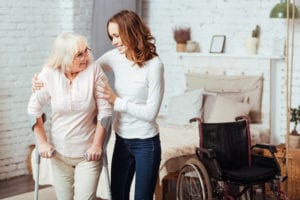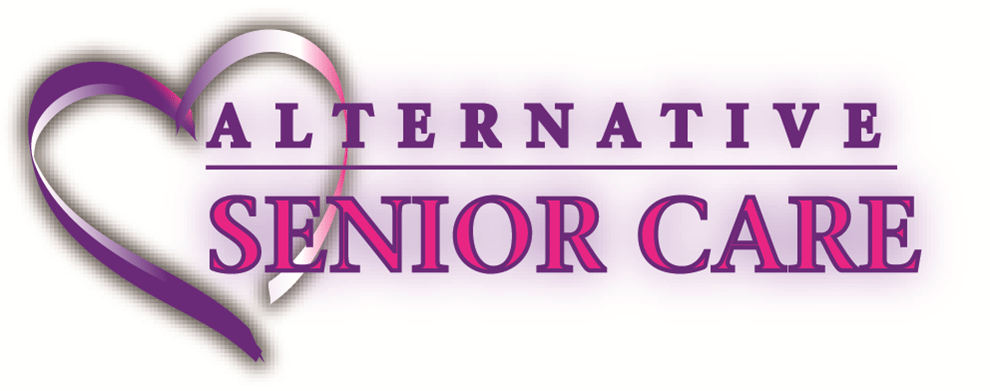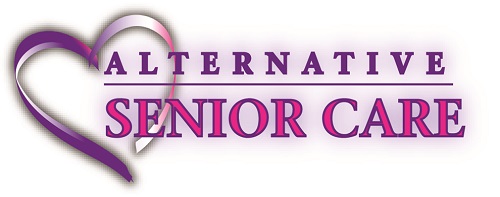Does Gender Impact Your Family’s Caregiving Assignments?
The National Alliance for Caregiving estimates that 65 percent of all family caregivers are female. The Institute on Aging believes it’s more like 75 percent.
The number of men stepping up to provide care is increasing, but women are still often called on to provide care to a family member. Has gender impacted the roles of caregivers in your family?

Elderly Care Glenwood, MN: Gender and Caregiving
Why Are Women Often a First Choice for Caregiving?
Traditionally, it was the man who went to work while the woman stayed home to raise the children and take care of the home and meals. Your parents grew up in this era. They likely had a mom who stayed home and had dinner on the table, while their dad worked all day.
Women were the nurturers. Women were more likely to change a diaper, help a young child in the bath, cook meals, and keep the house clean.
When your mom and dad married and had children, it’s very likely that your mom stayed home, and your dad worked. Things started shifting in the 1970s. More married women took jobs outside the home.
Times have changed for today’s generations with both parents working, but elderly Americans remember the old days. It’s taking a bit for older people to get used to the changes.
What Are Men More Likely to Do?
When a male takes on the role of family caregiver, there are tasks that he is unlikely to help with. In a survey completed by AARP and the National Alliance for Caregiving, only 24 percent of male caregivers said they help with dressing.
Another big difference came to bathing. Only 16 percent of family caregivers who are male said they help with showering or bathing.
Is It Fair?
In some families, women do make the better caregivers, but that’s not always the case. Family relationships between parent and child play a big part in it. Your dad may find your brother easier to talk to than he does you. Your mom may be more comfortable with you.
One thing that shouldn’t happen is the need to give up your life. If caring for a parent is going to lead to your having to quit your job or switch to part-time, can you really afford that? Do you need your job for health and dental insurance? Do you need the 401k contribution matches? If you do, research elderly care in your area.
Elderly care is one way to make sure your parents are safe and social. Even a few hours a week can make a difference. Call an elderly care agency to learn more about services that benefit seniors like your parents.
If you or an aging loved-one are considering Elderly Care in Glenwood, MN, please contact the caring staff at Alternative Senior Care today. Providing Home Care in Central Minnesota and Surrounding Communities. Call us Today (320) 352-3350.
Sources:
https://www.caregiver.org/caregiver-statistics-demographics
https://www.britannica.com/topic/history-of-work-organization-648000/Women-in-the-workforce
- Meet two of the ladies who are really making a difference:Faith and Hannah - May 28, 2025
- Helping Seniors Manage Tinnitus - May 21, 2025
- Why Are ADLs and IADLs Significant for Seniors? - May 8, 2025


